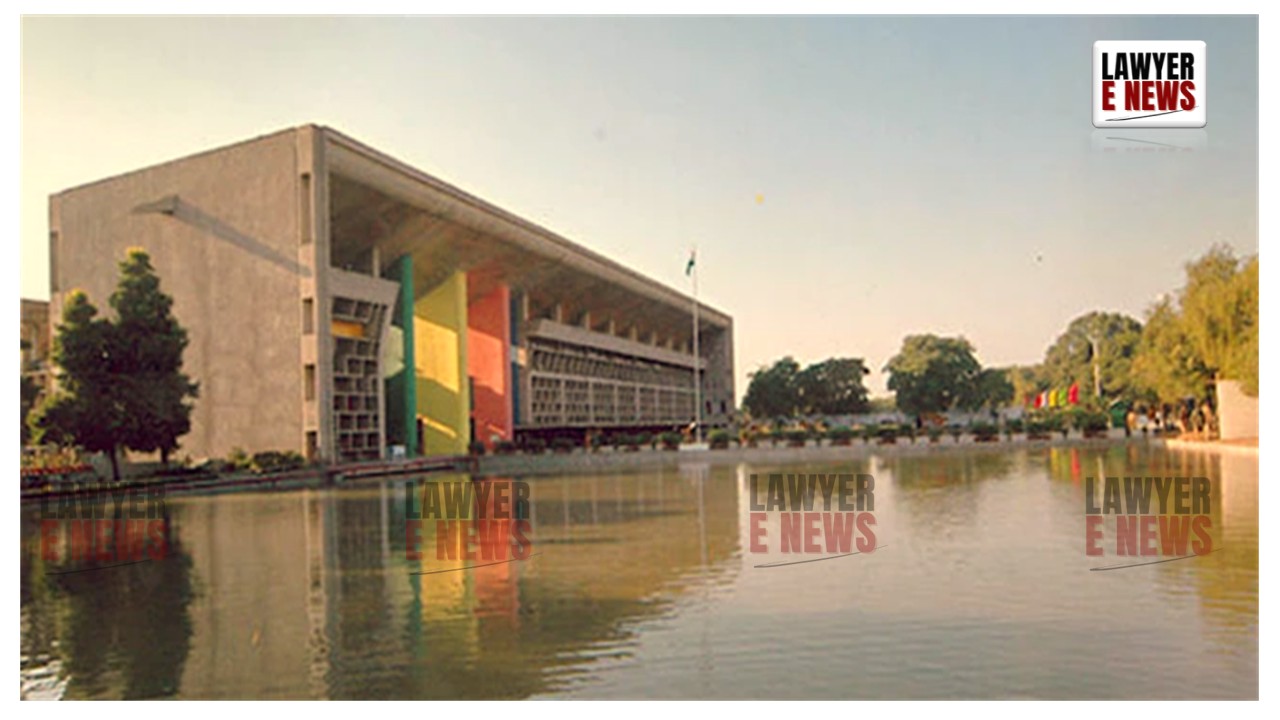-
by Admin
18 February 2026 4:35 AM



Punjab & Haryana High Court dismissed a protection petition filed by a couple engaged in a live-in relationship, wherein one of the petitioners was a minor. The Court, through Justice Sumeet Goel, unequivocally held that courts cannot extend protection to minor partners engaged in a live-in relationship as it would be contrary to the statutory framework and public policy. The Court declared, "The paramount consideration remains the welfare and well-being of the minor in question. To extend the mantle of protection in such circumstances would, in effect, constitute an implicit approbation of a live-in arrangement involving minors, a proposition repugnant to the established statutory framework."
The petition was filed by Arshdeep Singh and his partner seeking directions to the State authorities to protect their life and liberty allegedly under threat from the family members of the female petitioner. The petitioners submitted that they were well-acquainted and were previously engaged with the consent of their families. However, the family of petitioner No.2 broke the engagement and intended to get her married to another person. Facing pressure and threats, the petitioners sought court protection to continue their live-in relationship peacefully.
Significantly, the petition disclosed that petitioner No.2 was born on 25.08.2007 and was thus about 17 years, 6 months, and 25 days old on the date of filing the petition, making her a minor under the Indian Majority Act.
The pivotal question before the Court was: Can a minor be granted protection by the Court to continue a live-in relationship, even under the guise of threats to life and liberty?
Answering this firmly in the negative, the Court observed, "A minor belonging to any religious denomination, thus is incompetent to contract. If so, he/she has no capacity even to make choices or to express his/her freedom."
Further emphasizing statutory limitations, the Court stated: "The freedom to make choices by minors is ably fettered by the statutes respectively nomenclatured as the Hindu Minority and Guardianship Act, 1956 and the Guardians and Wards Act, 1890."
The Court strongly rejected the very idea of judicial recognition of such a relationship by observing, "If protection is provided to minor partners, who are in a live-in relationship where only one of them is a minor, or where both are minors, the granting of the espoused protection would run counter to the statutory crampings of discretions of a minor."
On The Role of Court as Parens Patriae: The Court reminded itself of its solemn duty as a protector of minors, holding: "The Court would be avoiding to perform its duty as a parens patriae towards the minors, where it is required to be ensuring the welfare of the minor concerned. The minor concerned, rather than being permitted to be a partner in a live-in relationship either with a minor or with an adult, must be retrieved to his/her parents and natural guardian."
Justice Goel further cautioned, "Any judicial imprimatur that indirectly sanctions a minor's involvement in such a relationship would not only be antithetical to the legislative intent but would also undermine the very bulwark erected to preserve the sanctity of youthful innocence."
The Court stressed that while protection is available where genuine threat exists, it cannot come at the cost of overriding the well-defined restrictions placed by laws intended to shield minors from exploitation, imprudence, and abuse.
The Court dismissed the petition, holding, "Since petitioner No.2 is a minor, the petitioners cannot be afforded the relief(s) as sought in the petition."
The Court directed the Senior Superintendent of Police, Tarn Taran to take necessary legal action and ensure the minor's safety strictly in accordance with the law.
Date of Decision: 27 March 2025
